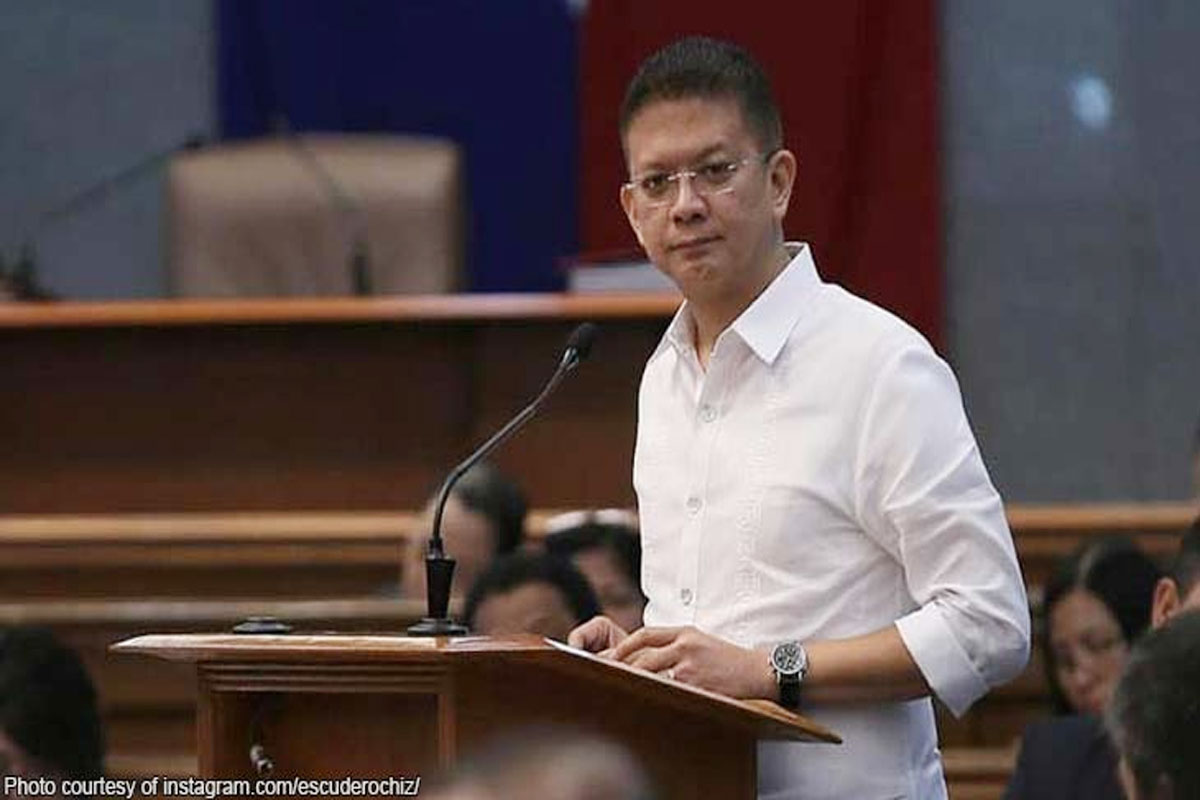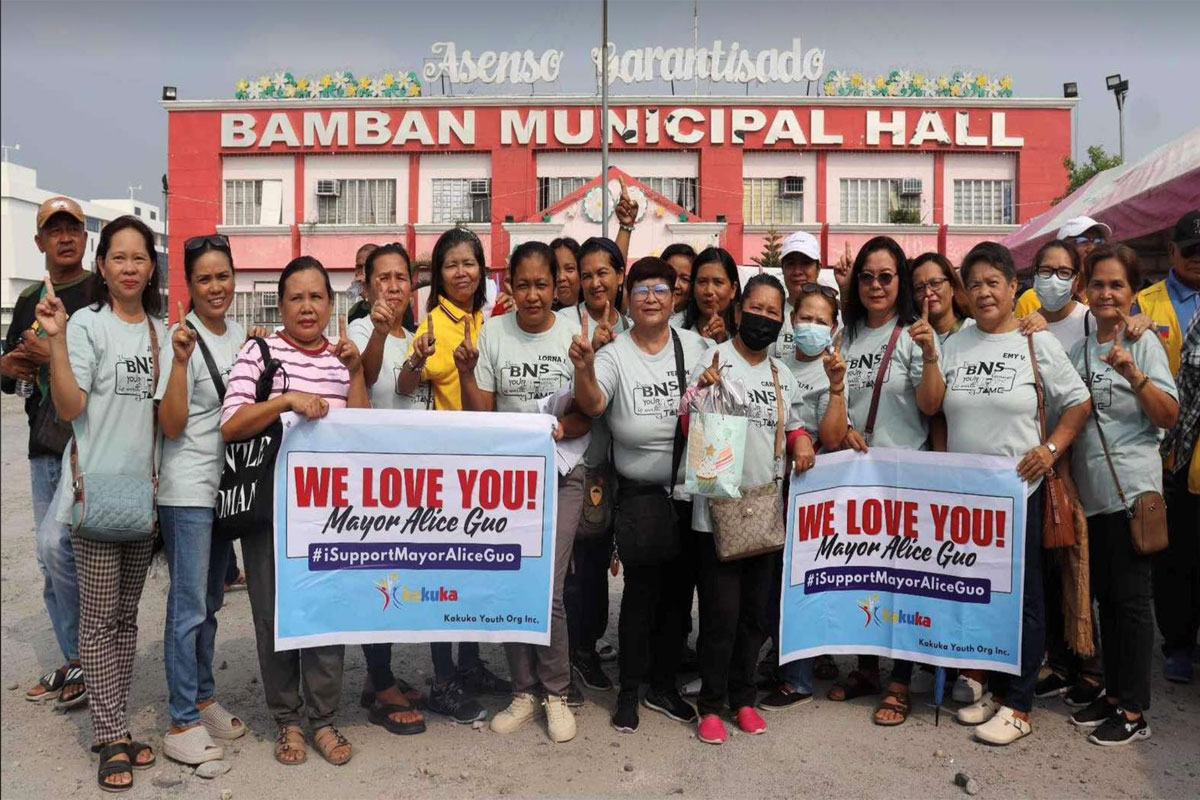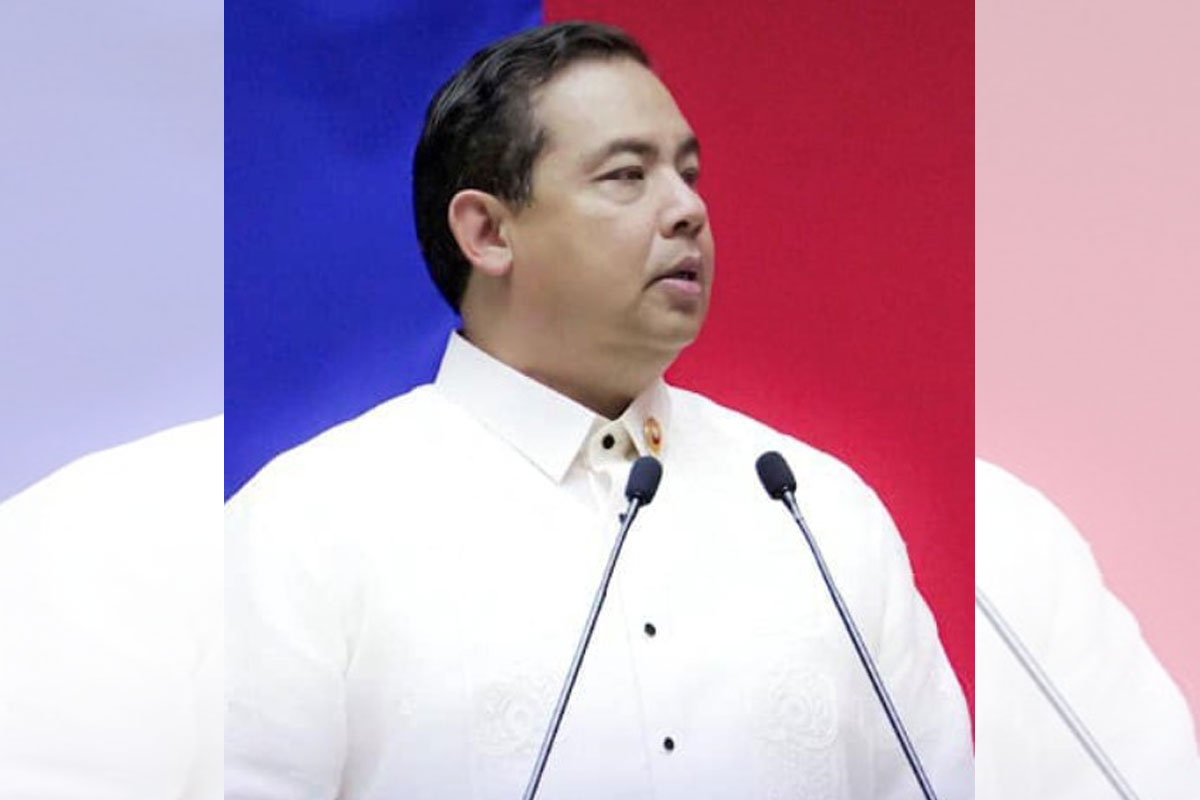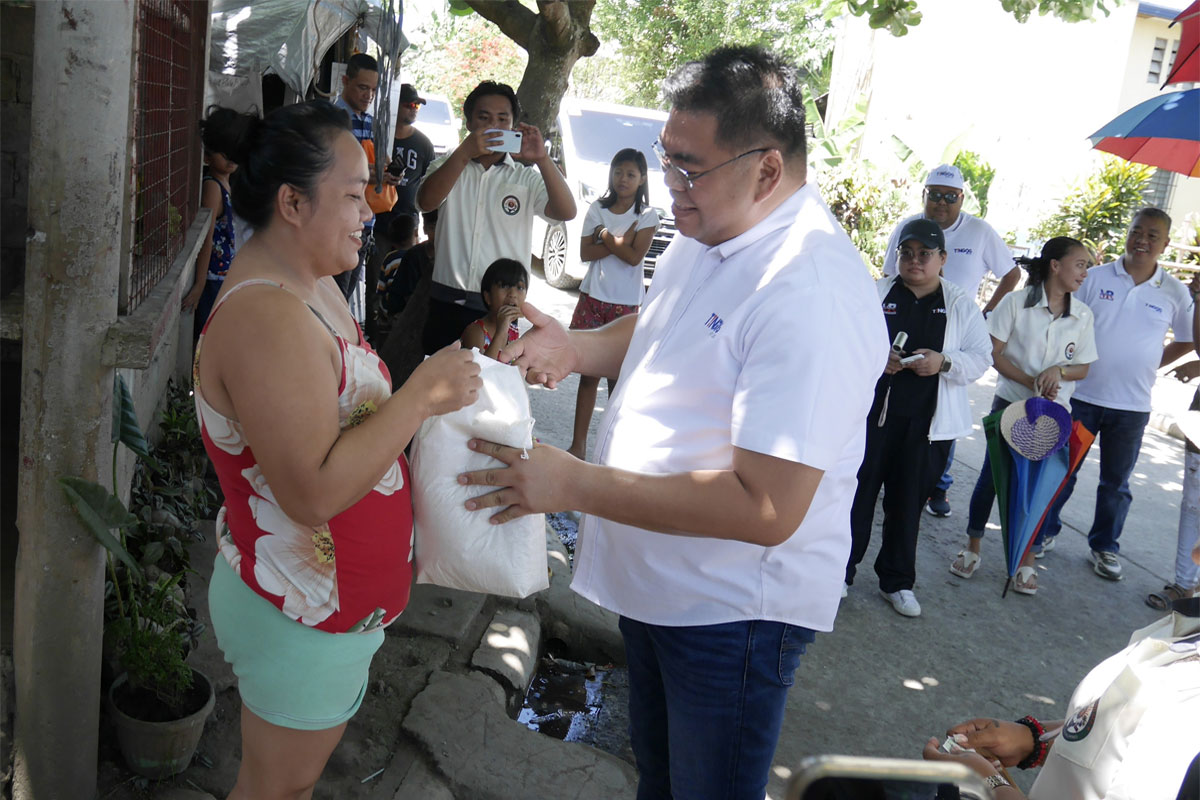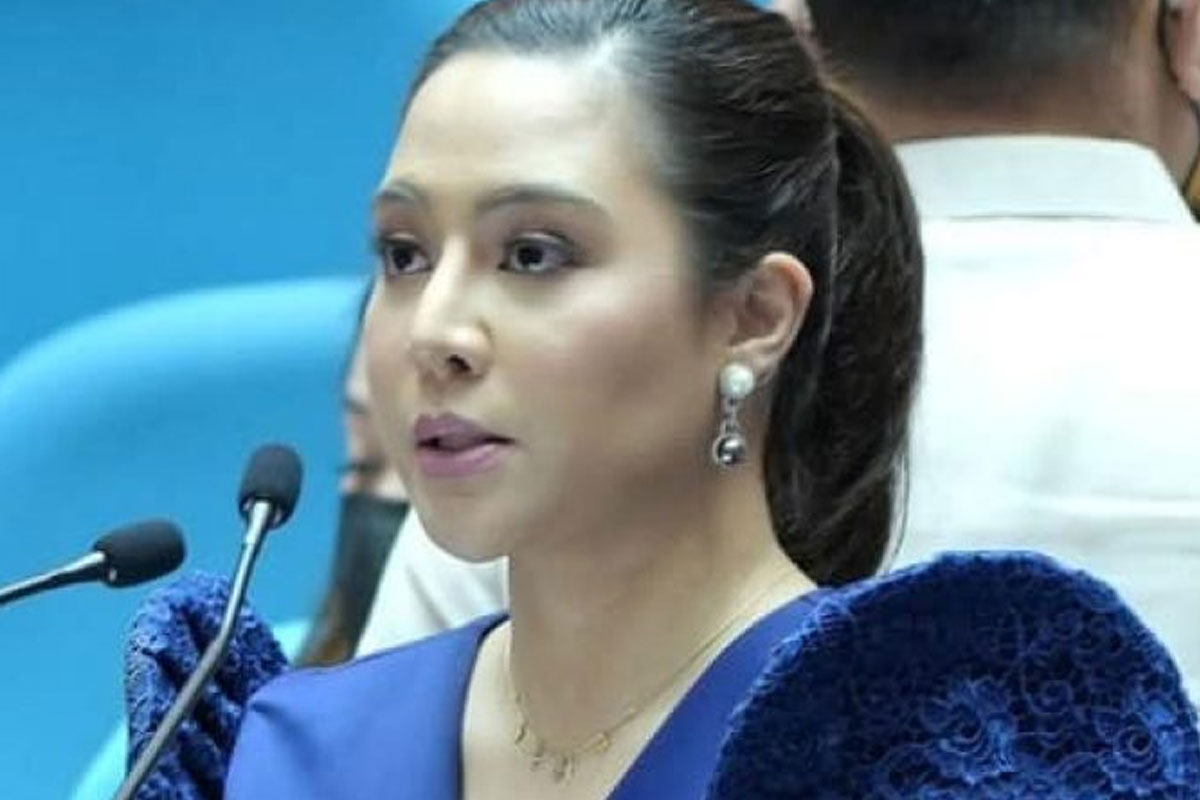
Property ownership for ‘gender-fluid’ couples pushed
HOUSE Assistant Majority Leader and Puwersa ng Bayaning Atleta (PBA) Partylist Rep. Margarita “Migs” Nograles has filed a bill that seeks to amend the “Family Code” to include cohabiting gender-fluid couples in the administration of property ownership.
In seeking to amend Article 148 of the Family Code of the Philippines through House Bill 9502, Nograles aims to clearly set the parameters for property ownership of unmarried but cohabiting couples, regardless of their gender.
Nograles, also a lawyer, notes that existing jurisprudence has inadvertently excluded gender-fluid couples from the protection provided by this provision—a gap that her bill aims to bridge.
Under the proposed amendment, all couples covered by this provision, regardless of gender, will be granted limited co-ownership over their shared properties, addressing a crucial gap in the current legal landscape.
Furthermore, the bill provides that only properties acquired through the joint contributions of money, property, or industry by both partners during cohabitation will be owned in common, reflecting their respective contributions.
“In the absence of proof to the contrary, their contributions and corresponding shares are presumed to be equal. The same rule and presumption shall apply to joint deposits of money and evidence of credit,” the bill states.
“While it may take more time for the Philippines to fully accept unions of all couples regardless of gender, this bill is a crucial step in ensuring that vulnerable individuals are protected from economic exploitations within their relationships,” noted Nograles.
In instances where one party is validly married to another, their share in the co-ownership will be absorbed by the absolute community or conjugal partnership of the existing marriage.
If the party who acted in bad faith is not validly married to another, his or her share shall be forfeited. Forfeiture likewise applies if both parties acted in bad faith.
Nograles emphasizes the importance of this legislation in recognizing the evolving dynamics of relationships in contemporary society.
“This bill is a step towards inclusivity and fairness. It acknowledges the diversity of relationships and strives to provide a legal framework that is reflective of our evolving understanding of partnerships,” Nograles points out.
Nograles states that the passage of this measure would mark a significant stride towards creating a legal landscape that mirrors the diverse nature of modern relationships.
“The passage of House Bill No. 9502 is an earnest endeavor to provide equal legal protection to all couples, contributing to the fulfillment of the State’s mandate to safeguard the dignity and human rights of every individual,” Nograles concludes.







